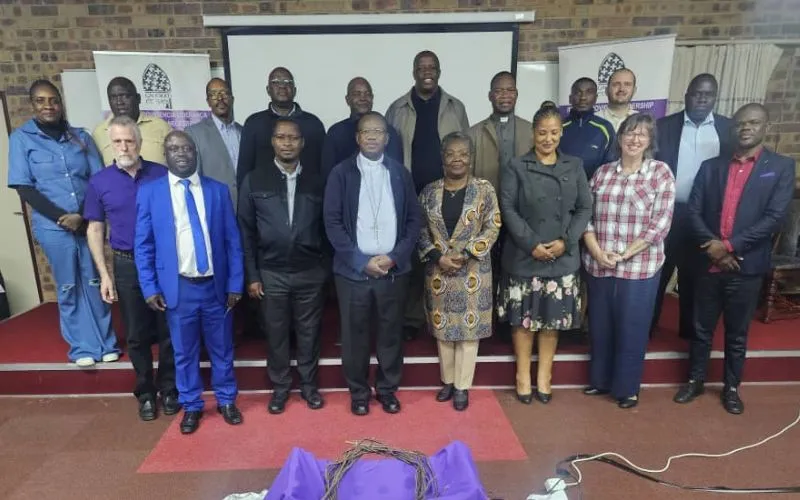The Catechism of the Catholic Church (No. 2267) states that “capital punishment is an attack on the inviolability and dignity of the human person and it is inadmissible at all times.”
In their March 1 report, CPLO members say that the right to life is a fundamental right and should not be compromised following a criminal offense not just in Zimbabwe but globally.
They argue that the dignity of a person remains intact even in the face of a serious crime. For this reason, CPLO members urge governments around the world to consider other forms of detention that ensure the protection of their respective citizens including life imprisonment.
“In grave criminal offenses, one should be incarcerated for life, until God calls him or her. If there are alternative means available to punish the offender, these should be used to protect the society from the convicted person,” they say.
They add, “The assumption that the death penalty provides closure and vindication to those left behind should be opposed. No action can bring back a loved one or heal the wound created.”
As the convicted person serves the sentence, CPLO members say that there is a need for the family of the bereaved to undergo healing, adding that “restorative justice seeks the reconciliation of perpetrator and victim and the victim’s family.”
They also call for the use of “meaningful traditional ways to bring healing and peace among the bereaved” without infringing on the rights of others.
CPLO members also refute the death penalty on the ground that shoddy investigation and lack of legal representation by some victims may lead to the loss of innocent life as has been witnessed in various cases in the Southern African landlocked country.
To combat the death penalty in Zimbabwe, they call for a concerted effort in protecting the dignity of every Zimbabwean as enshrined in “the Fourth Chapter of the Constitution of Zimbabwe Amendment (No. 20) Act 2013.”
According to the Parliamentarians for Global Action (PGA) report, as of September 2022, 112 countries had abolished the death penalty in law for all crimes, and 144 countries had abolished the death penalty in law or practice as of August 2022.








